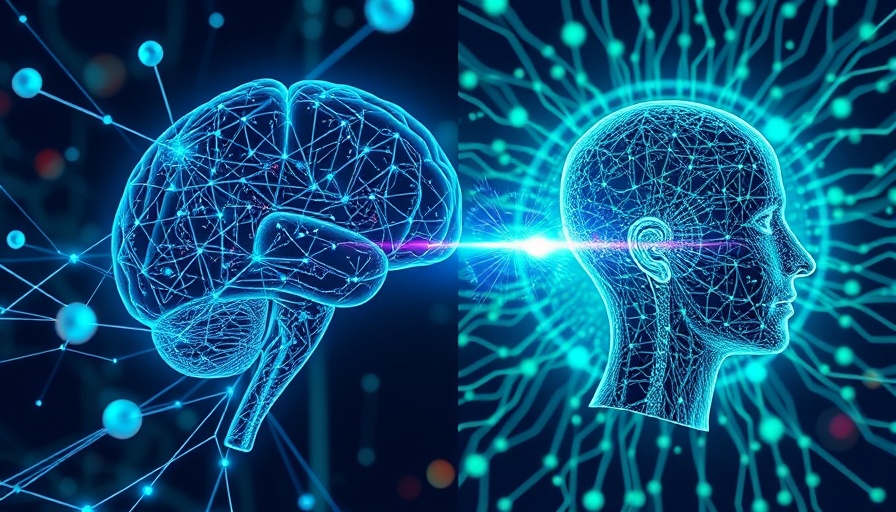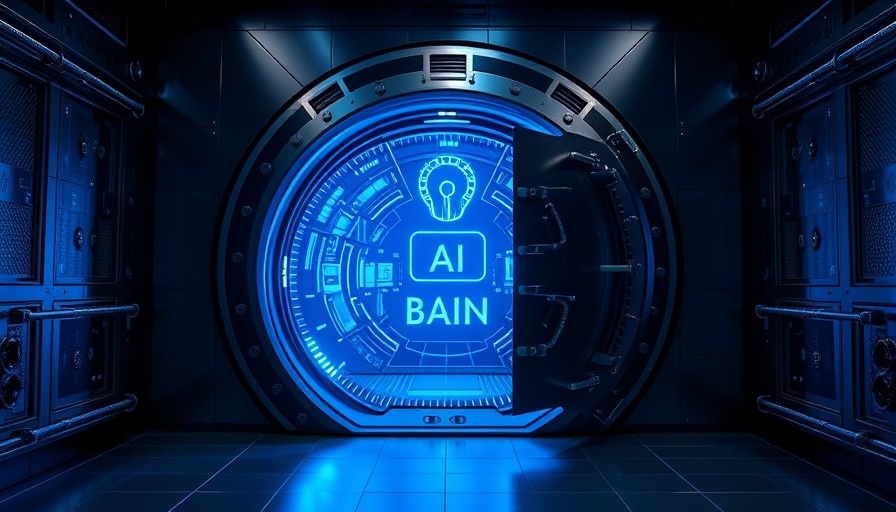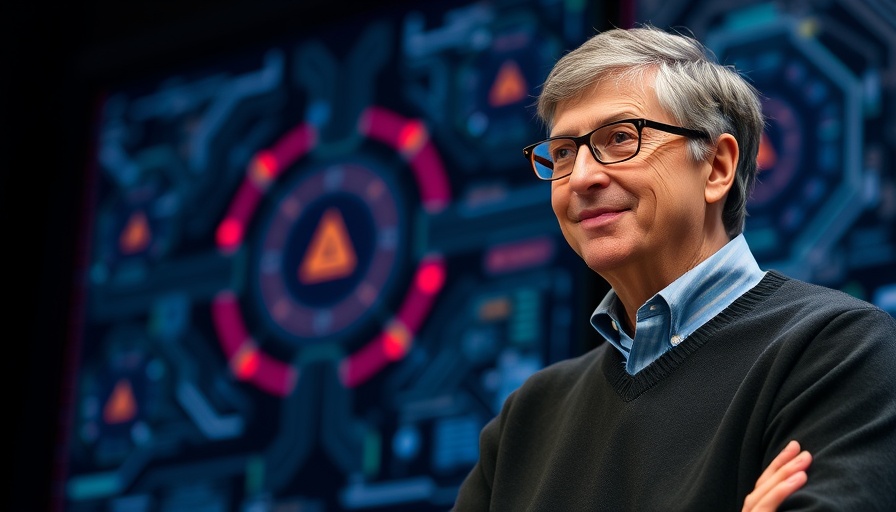
The Unique Differences Between Human Intelligence and AI
As artificial intelligence (AI) continues to evolve, a pressing question arises: how do human brains differ fundamentally from AI systems? It's a quest for understanding that delves deep into the cognitive processes that define humanity. While AI can process vast amounts of data quickly and efficiently, the way it 'thinks' is not analogous to human thought. Humans draw on a rich tapestry of experiences, emotions, and senses to form memories and foster creativity. This amalgamation influences decision-making and problem-solving in ways that AI cannot replicate.
Understanding the Human Experience
Every personal experience shapes our cognitive architecture, leading us to unique conclusions and creative insights. For instance, a student who struggles with math may discover innovative techniques that help them learn, not because they inputted data into an AI engine, but because they utilized their personal history of challenges and success. Emphasizing this distinction can help society appreciate the nuanced role of human intuition and creativity in contrast to raw computational power.
The Evolution of AI
AI technologies may mimic certain human functions, but they operate through algorithms and data analysis rather than the mental frameworks emerging from human experience. This insight provides a fascinating perspective on how we integrate technology into our lives. For instance, deep learning models, initially inspired by the human brain's neural networks, can identify patterns in data but lack the emotional context that shapes human cognition. As we approach the era of advanced AI, understanding these distinctions becomes essential to leveraging AI while cherishing the irreplaceable human touch.
Future AI Trends: Balancing Efficiency and Emotion
Looking ahead, the intersection of AI and human capabilities will continue to be a hot topic in technology and society. Experts predict that businesses will increasingly rely on AI for operational efficiency while simultaneously recognizing the importance of human insight in customer relations and creative processes. A business that balances both can create a harmonious environment where human input enriches AI performance. Consider how companies utilize AI-driven analysis alongside human creativity to craft engaging marketing campaigns or develop innovative products. This synergy is where the future of collaboration lies.
Learning to Embrace AI: What It Means for Us
As students and young professionals encounter AI in their careers and education, understanding its implications becomes crucial. Embracing AI does not mean sacrificing human originality or emotional intelligence; instead, it means augmenting our abilities. By acknowledging the differing capabilities of AI and humans, we can foster collaboration where AI acts as a partner, enhancing human effort rather than overshadowing it. This perspective encourages personal development through technology rather than fear of obsolescence.
Final Thoughts: Human Intelligence and AI Collaboration
In conclusion, appreciating the differences between human intelligence and AI allows for a forward-thinking approach to technology. As we progress into a future where AI permeates various aspects of living, our ability to adapt, integrate, and grow with these advancements will define how we thrive personally and collectively.
To learn more about the evolving landscape of AI and its role in our lives, consider exploring introductory materials and resources on AI principles, which can empower you to engage with this exciting field.
 Add Row
Add Row  Add
Add 




Write A Comment